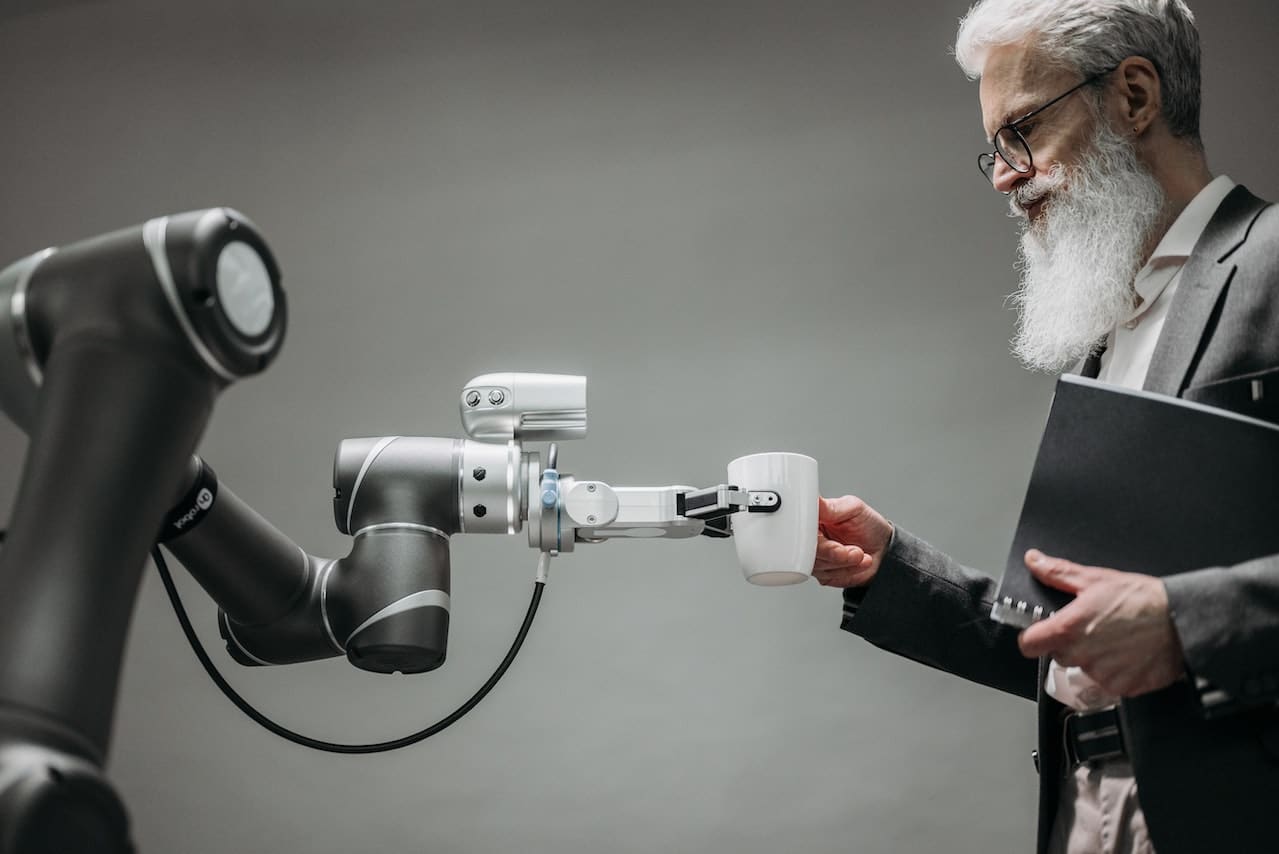Success Stories: Real-World Examples of MVPs That Changed the Game
Introduction
In today’s competitive business landscape, startups need innovative approaches to stand out and thrive. The Minimum Viable Product (MVP) has emerged as a game-changer in the world of entrepreneurship. Miami, with its booming startup ecosystem, has been a hotbed for MVP success stories. In this article, we’ll delve into real-world examples of startup MVP case studies that have left a lasting impact.
The Power of the MVP
A Minimum Viable Product (MVP) is the most fundamental version of a product or service that allows a startup to test its concept, gather user feedback, and validate its assumptions. The MVP approach enables entrepreneurs to minimize risks, save resources, and make informed decisions. Let’s explore some MVP success stories from Miami that illustrate the power of this approach.
1. Ironhack: Transforming Tech Education
Ironhack, founded in Miami in 2013, aimed to disrupt the traditional education system by providing intensive, hands-on courses in web development, UX/UI design, and data analytics. They started with a modest MVP, offering a basic web development course to a small group of students. This approach allowed them to collect invaluable feedback and refine their curriculum.
Ironhack’s MVP success story doesn’t end there. The feedback from their initial students helped them identify strengths and weaknesses, allowing them to adapt and expand. The startup has since scaled its operations to other cities globally, including Madrid, Paris, and Mexico City, successfully graduating thousands of students. Ironhack’s journey exemplifies the potential of MVPs to revolutionize traditional industries, making tech education more accessible and effective.
2. LiveNinja: Redefining Customer Support
LiveNinja, founded in Miami in 2012, set out to redefine customer support through live video chat. Their MVP featured a basic web app that enabled businesses to integrate video chat into their customer support processes. Early on, they collected user feedback, which revealed the potential of the concept but also highlighted the need for tools to manage customer interactions more effectively.
Taking these insights to heart, LiveNinja iterated on their MVP, adding features like chatbots and integration with popular help desk platforms. The pivot proved successful, transforming LiveNinja into a comprehensive customer support solution. They soon attracted high-profile clients, including WeWork, Shopify, and Microsoft. LiveNinja’s MVP success story demonstrates the power of responsiveness and adaptability in building a game-changing product.
3. Caribu: Reimagining Family Bonding
Caribu, founded in Miami in 2017, tackled a common problem faced by families separated by long distances: the lack of shared activities, particularly bedtime stories. Their MVP was a simple video-calling app with a library of children’s books and interactive games. The MVP allowed the founders to gauge user interest and gather feedback. They quickly discovered that users loved the concept but desired a more extensive book selection and additional content.
Caribu’s team heeded user feedback and enhanced their product, partnering with major publishers to expand their book library. Today, Caribu’s app is used by families worldwide, connecting grandparents, parents, and children through the magic of storytime. Caribu’s MVP success story underscores the importance of user-centric iteration in building a beloved product.
4. ParkJockey: Revolutionizing Parking
ParkJockey, another Miami-based startup, aimed to simplify the parking experience. Their MVP was a mobile app that allowed users to find and reserve parking spaces at various locations across the city. The MVP quickly gained traction as users appreciated the convenience of finding and securing parking spots in advance.
ParkJockey’s MVP success paved the way for expansion into other major cities, including New York and Chicago. Today, the company’s platform is used in multiple countries, providing drivers with hassle-free parking solutions. ParkJockey’s MVP journey demonstrates how addressing a common urban challenge can lead to transformative success.
5. Nearpod: Innovating Education
Nearpod, a Miami-based edtech startup, set out to revolutionize the way teachers engage with their students in the classroom. Their MVP was a platform that enabled teachers to create interactive lessons and deliver them to students’ devices in real-time. The MVP was a hit among educators who found it to be a powerful tool for student engagement, offering real-time assessment features and valuable data on student performance.
Over time, Nearpod expanded its offerings and improved its platform based on user feedback. It became a leader in the education technology sector, eventually getting acquired by Renaissance Learning in 2021, a testament to its significant impact on education.
Conclusion
The success stories of these Miami-based startups highlight the transformative power of Minimum Viable Products (MVPs). By starting small, listening to user feedback, and iterating rapidly, these entrepreneurs revolutionized their respective industries. MVPs are not just about building a product; they’re about validating ideas, learning, and adapting quickly.
Miami’s startup ecosystem continues to thrive, and these stories serve as an inspiration for aspiring entrepreneurs. The lessons from these MVP success stories are clear: start with a simple, functional version of your idea, gather user feedback, iterate relentlessly, and be ready to adapt and grow. Miami is indeed a city where the startup spirit thrives, and with the right MVP, you too can change the game in your chosen field. The key is to harness the power of MVPs to bring innovative ideas to life and revolutionize your industry.







